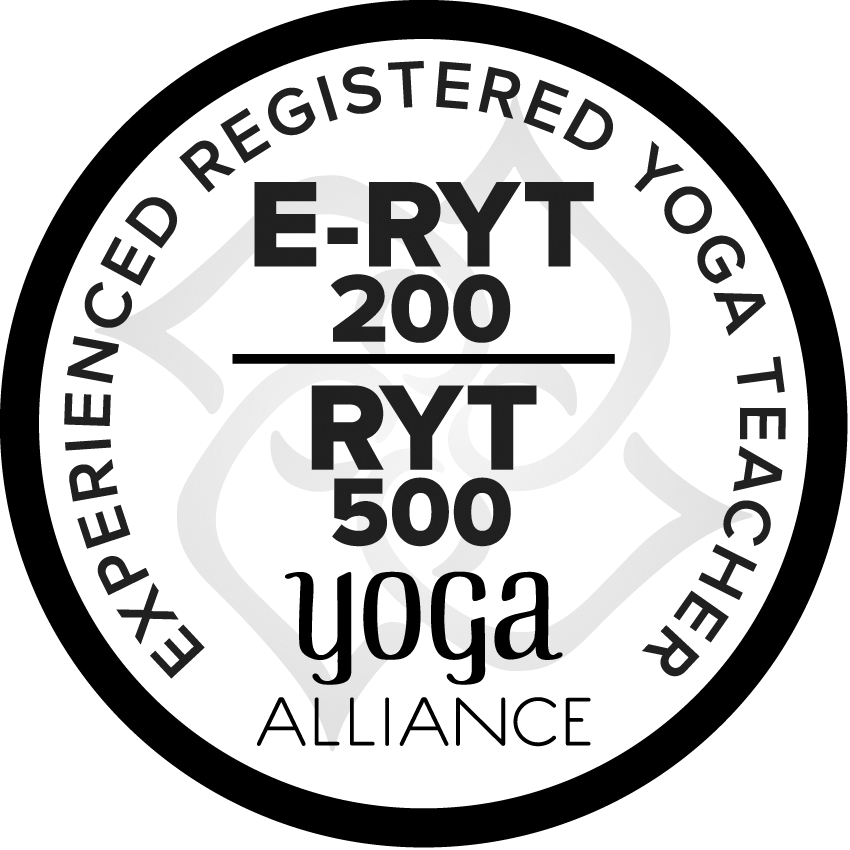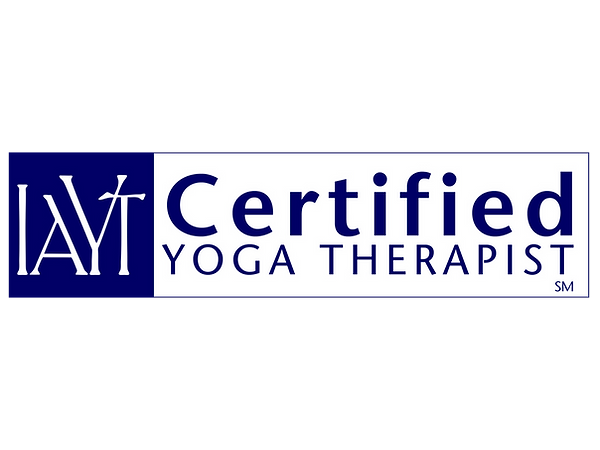Yoga is an ancient and complex practice, rooted in Indian philosophy. It began as a spiritual practice but has become a way of promoting physical and mental well-being. As referred to by the National Center for Complementary and Integrative Health research suggest that yoga may be a useful tool for variety of issues starting from relieving low-back pain and neck pain, pain from tension-type headaches and knee osteoarthritis all the way to helping people quit smoking. However, mainstream opinion seems still to be that yoga is instead an exercise form for those who are fit and flexible.
MetaYoga takes a step back and combines traditional yoga practices with modern scientific understanding of the body to recreate a holistic approach to yoga. Instead of polishing poses we focus on balance between strength and flexibility on and off the mat, wherever this balance point for every client may be.
Everything is in constant change. Both the world around us as well as ourselves. Our ups are followed by our downs and every falling gives us ample opportunities to learn. Slowing down and mindfully connecting your body and mind can help you understand and accept yourself.
Both through individual sessions as well as in small group settings Yoga Therapy will be applied to address every client’s individual physical, mental and emotional needs.
Yoga Therapy
WHAT IS IT?
YOGA THERAPY IS THE PROCESS OF EMPOWERING INDIVIDUALS TO PROGRESS TOWARD IMPROVED HEALTH AND WELL-BEING THROUGH THE APPLICATION OF THE TEACHINGS AND PRACTICES OF YOGA.
International Association of Yoga Therapists
Although all yoga is potentially therapeutic and healing, Yoga Therapy, starting with personalized assessment and goal setting and proceeding with specific application of yogic tools (such as breathwork, physical postures, meditation techniques, and more), addresses the clients’ specific goals while accommodating any limitations they might be experiencing.
Most often yoga therapists work one-on-one with clients to create an individualized practice that addresses a person’s unique combination of needs. Yoga Therapy can also be provided through small group settings where similar conditions or symptoms are addressed. Yoga therapists look for ways to help their clients reduce or manage their symptoms, improve their function, and give perspective in relation to their health conditions and consequential thought patterns.
As a therapeutic practice, Yoga Therapy aims to bridge the worlds of yoga and healthcare, and can be applied both as a form of physical therapy (for example, in relieving back pain) and as mental health support (for instance, as an adjunct treatment for PTSD, anxiety and stress). However, Yoga Therapy is a complimentary practice and should not replace necessary medical treatment.


